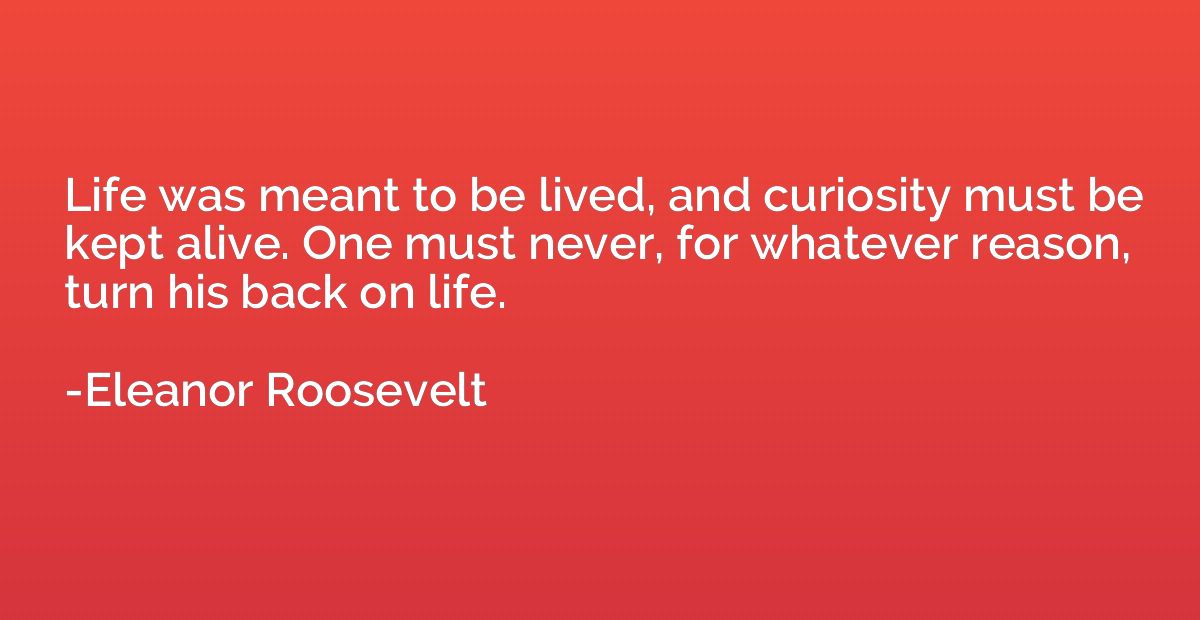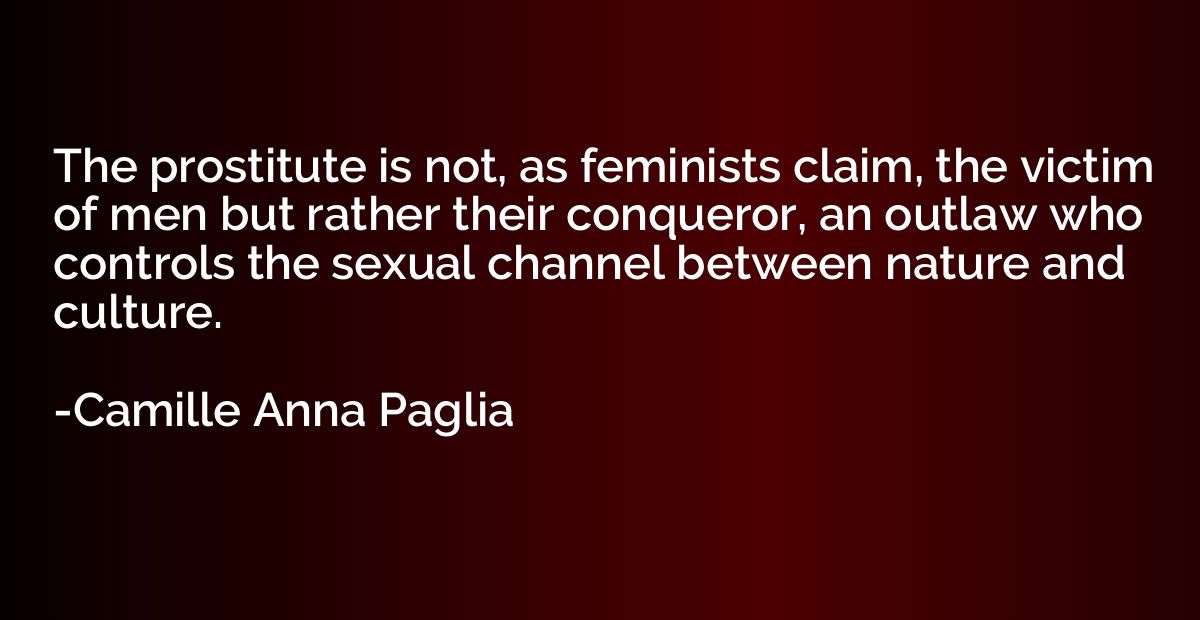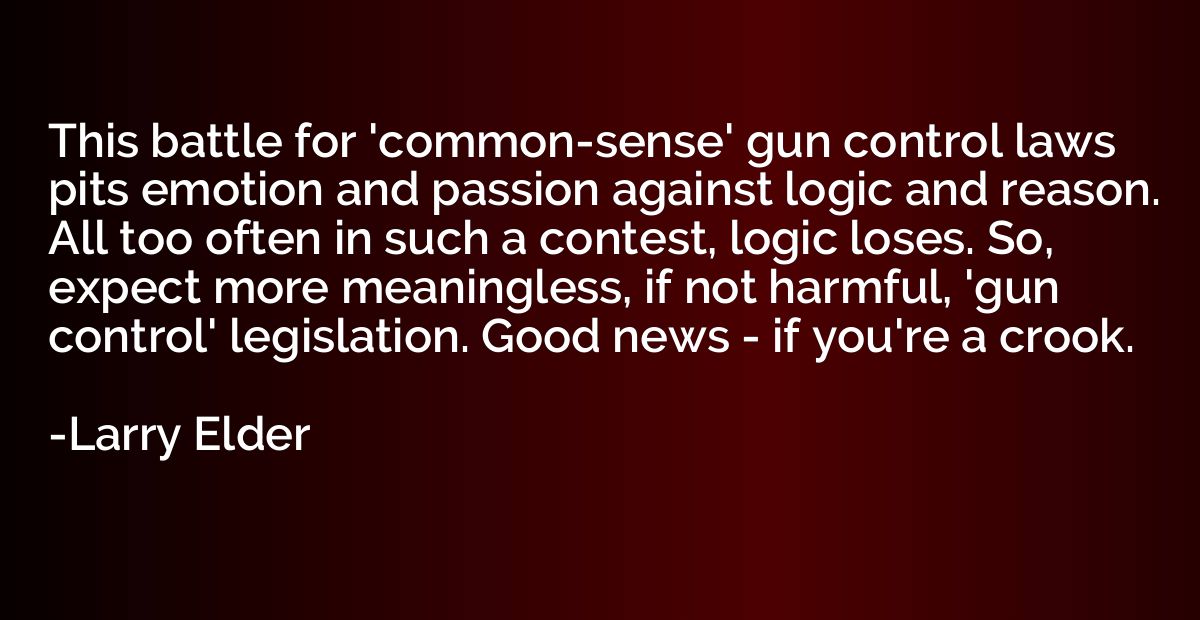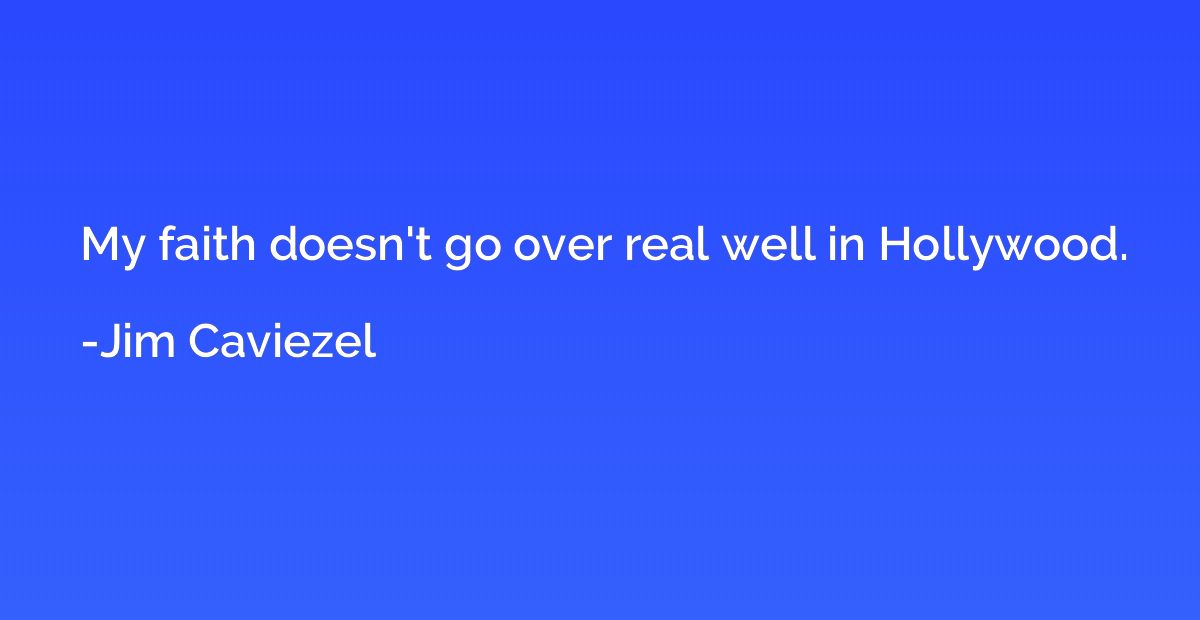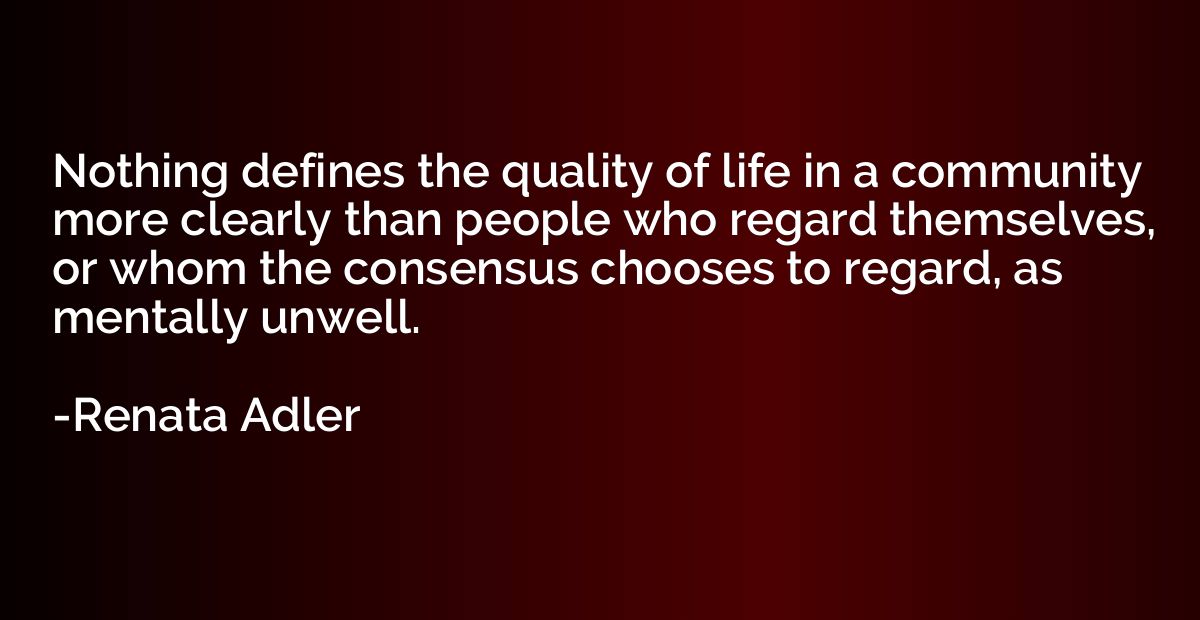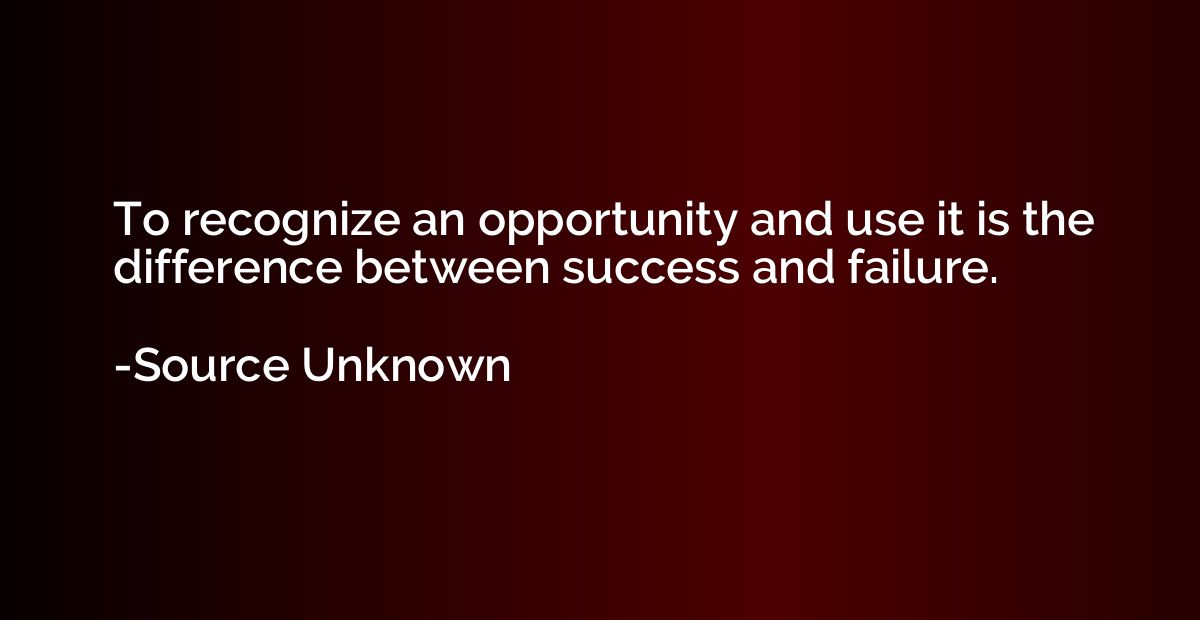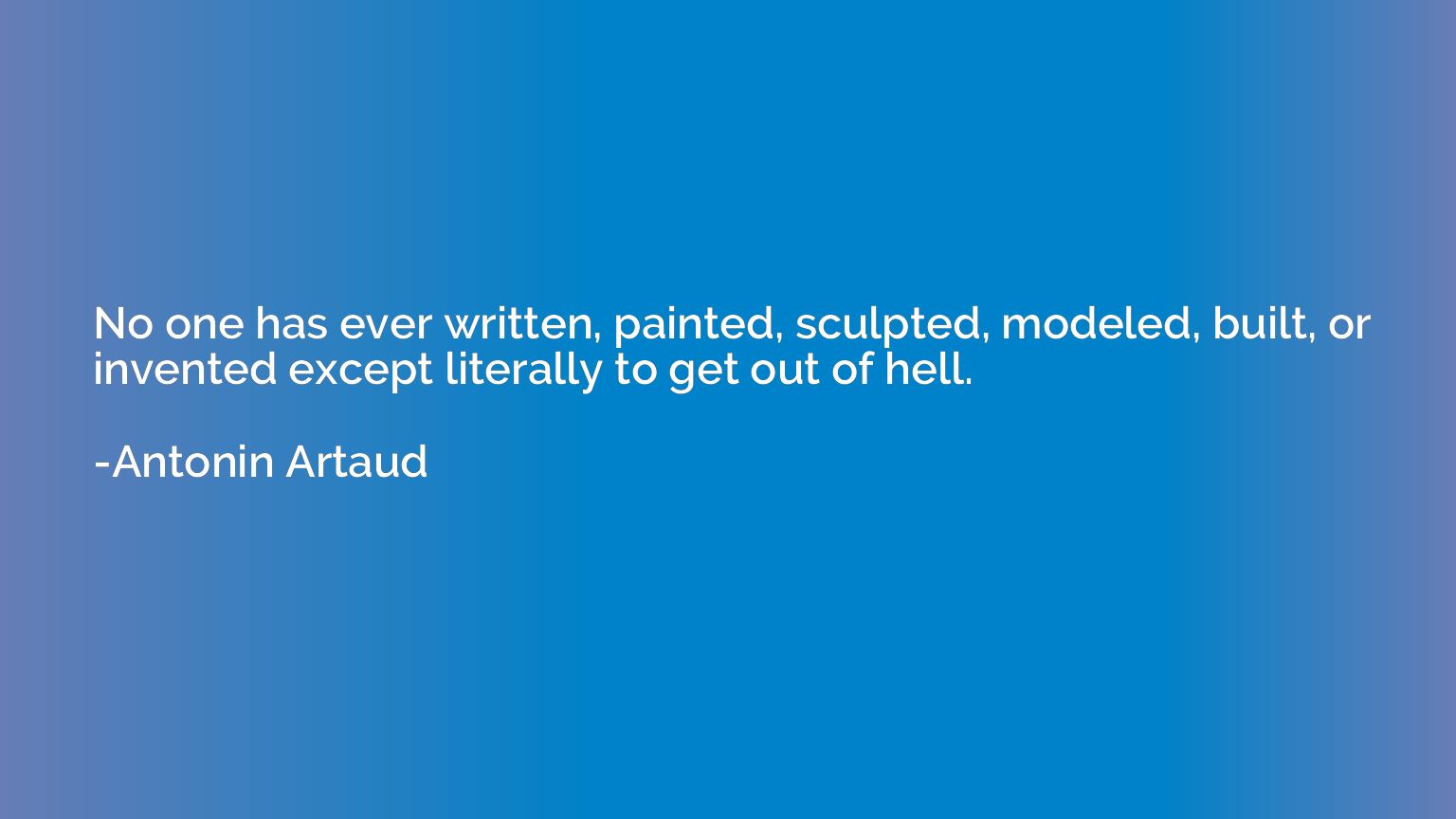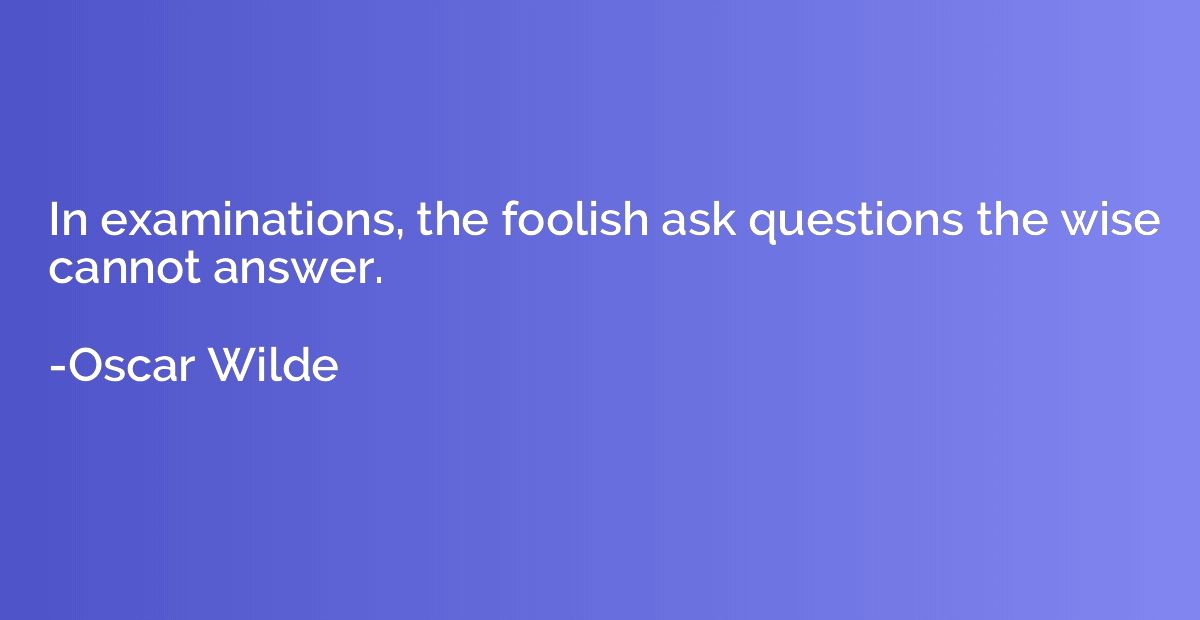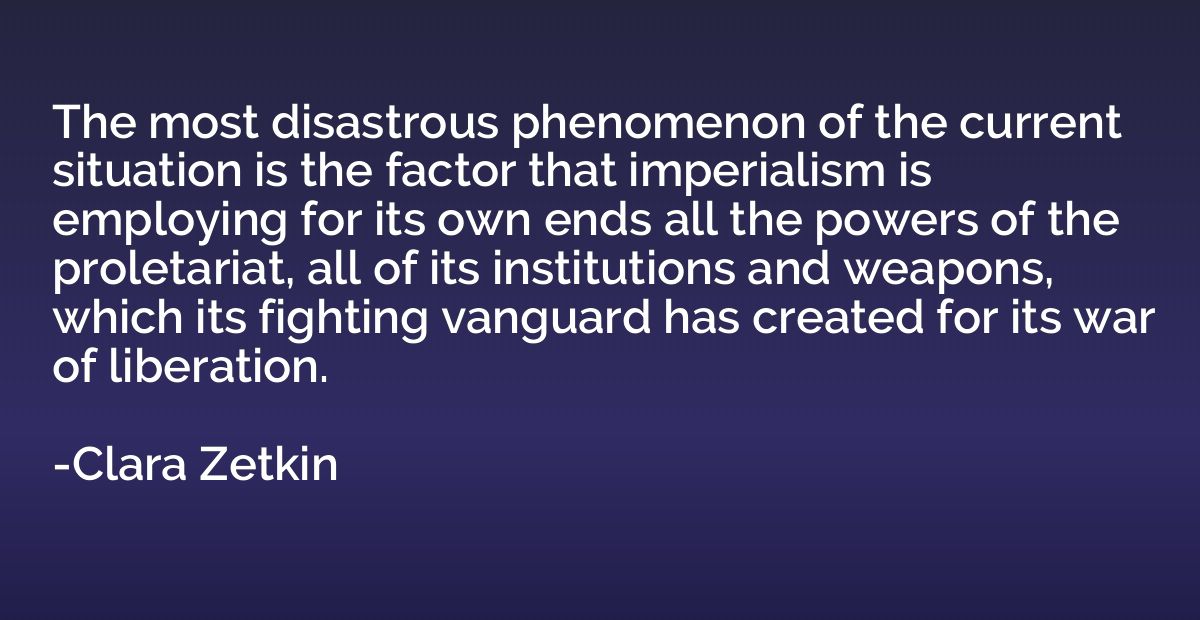Quote by Nicholas Sparks
Distance can ruin even the best of intentions.But I suppose it depends on how you look at it.Distance just adds a richness you would not otherwise get.People come. People go. They will drift in and out of your life, almost like characters in a favorite book.When you finally close the cover, the characters have told their stories and you start up again with another book, complete with new characters and adventures. Then you find yourself focusing on the new ones. Not the ones from the past.
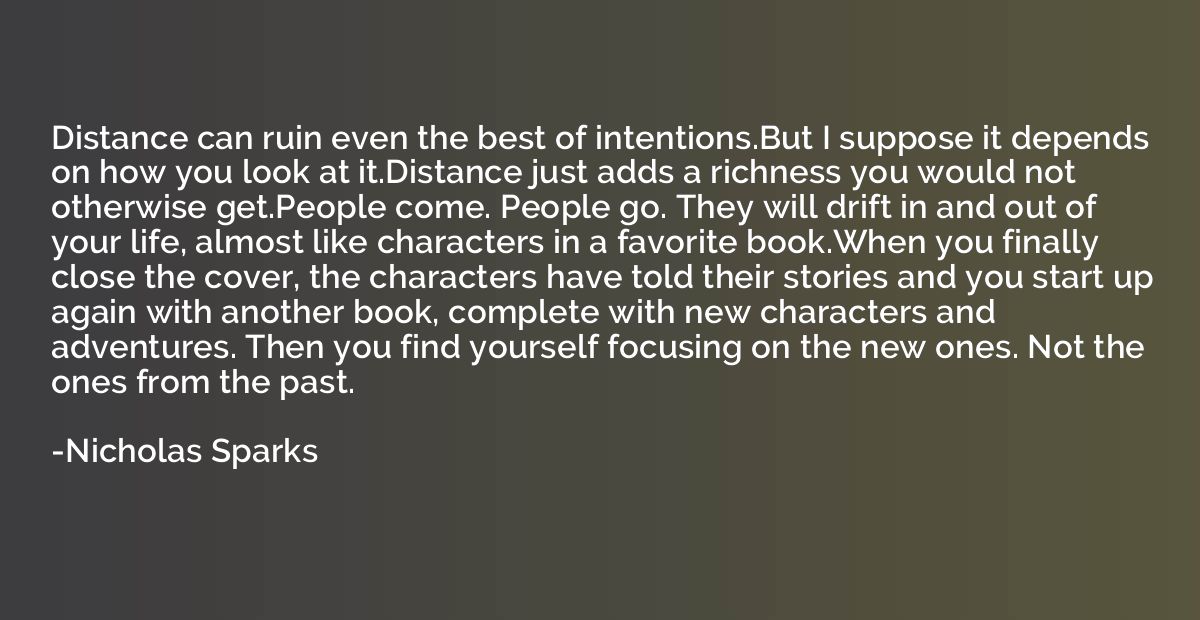
Summary
This quote reflects on the impact of physical and emotional distance on relationships. It suggests that distance has the potential to undermine even the strongest intentions and connections between people. However, the quote invites readers to consider distance from a different perspective – as a source of enrichment. It implies that when people enter and exit our lives, they play unique roles, much like characters in a book, each bringing their own stories, experiences, and adventures. And just as a book closes, we move on to new experiences and people, naturally shifting our attention from the past to the present and future.



